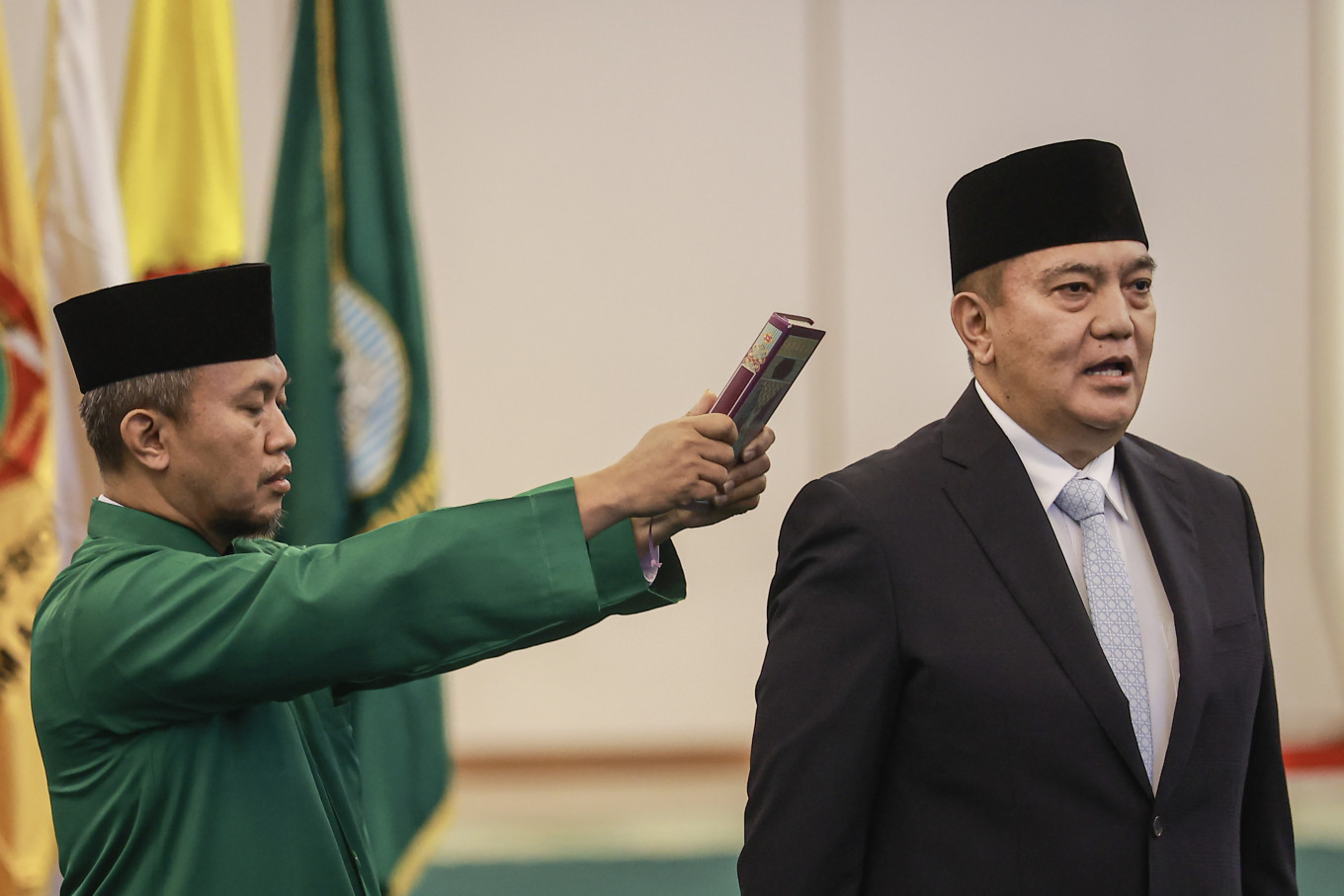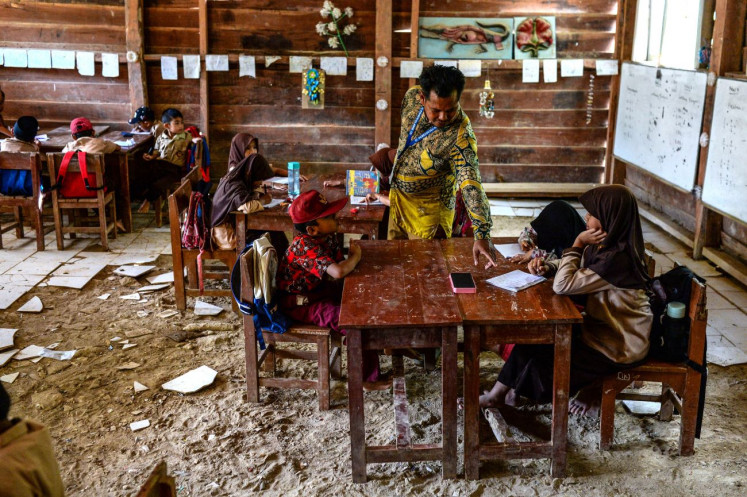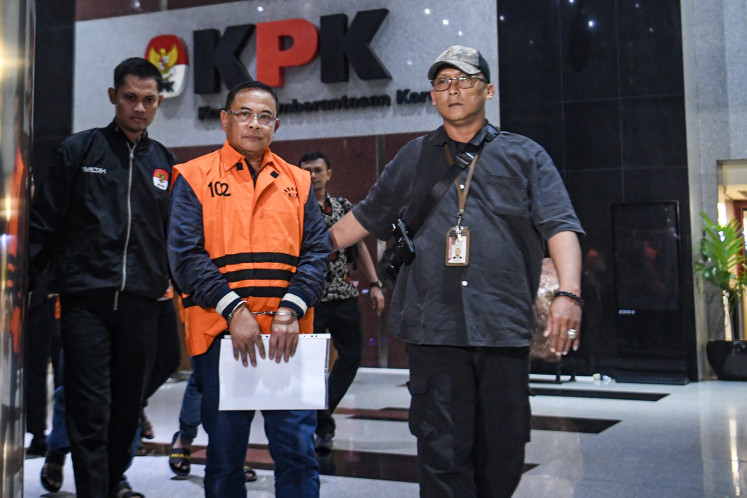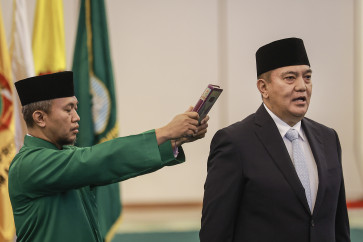Popular Reads
Top Results
Can't find what you're looking for?
View all search resultsPopular Reads
Top Results
Can't find what you're looking for?
View all search resultsRise in military, police involvement in civil governance draws scrutiny
Change text size
Gift Premium Articles
to Anyone
T
he growing presence of active police and military officers in executive and legislative posts under President Prabowo Subianto has sparked concerns among analysts, who warn that the trend signals a shift away from Indonesia’s post-Reform commitment to civilian supremacy in governance.
Since President Prabowo took office in October, the government has increasingly tapped the security forces to fill senior bureaucratic roles, reviving concerns about the erosion of reforms that once sought to dismantle their involvement in civilian affairs.
The most recent flashpoint came with the appointment of Insp. Gen. Mohammad Iqbal, an active-duty police officer, as secretary-general of the Regional Representatives Council (DPD) on Monday. He served as the Riau police chief since 2021, before being reassigned to a strategic post at the National Police’s Security Maintenance Agency (Baharkam) in March of this year.
DPD chairman Sultan Baktiar Najamudin noted that Iqbal’s appointment was part of normal “organizational refreshment” and that Iqbal’s repertoire as a police officer speaks to his credibility.
However, critics say the appointment violates prevailing laws on the Police and the Legislative Institution (MD3).
Read also: TNI general appointment as customs office head raises question
Lucius Karus, a researcher at the legislative watchdog the Indonesian Parliament Watch (Formappi), noted that the MD3 Law stipulates that secretaries-general of parliamentary bodies must be filled by civil servants.



















